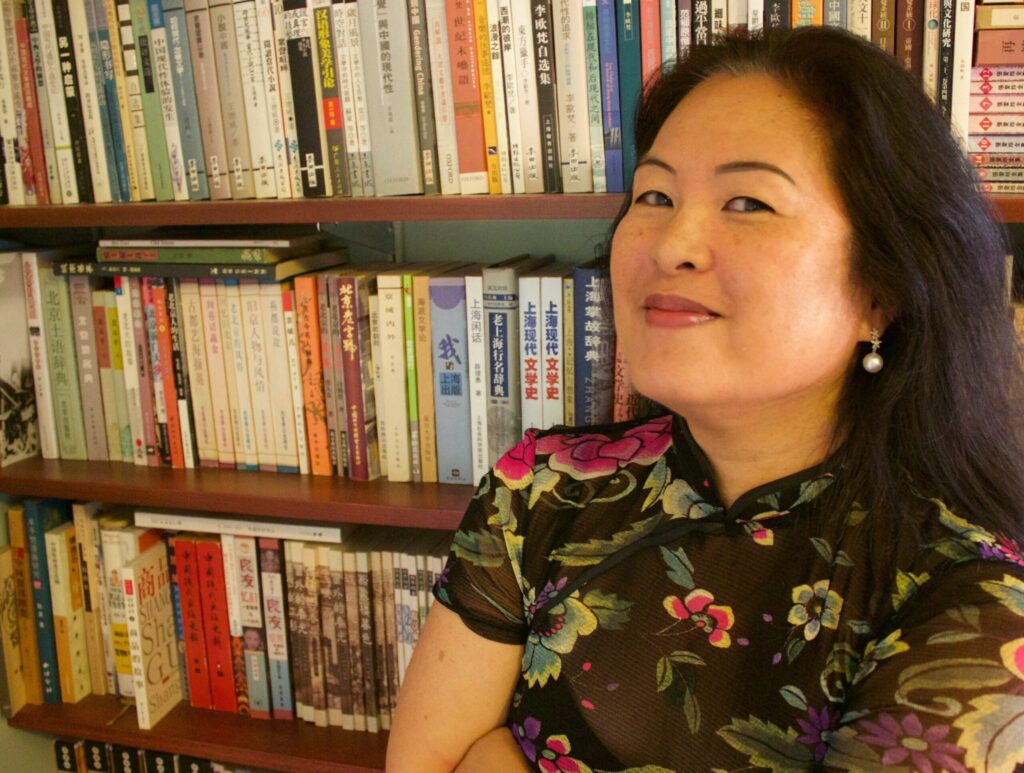Instead of asking a stranger, “Where are you (really) from?” Eileen Cheng-yin Chow suggests that “How did you get here today?” might yield a more meaningful exchange in a moment in which the idea of empathy and what we owe to one another—not only to those near to us, but especially to those whom we might consider strangers—has been called into question. Learning about the histories of Chinatowns and their inhabitants is to see how people who have been perceived as perpetual outsiders developed powerful strategies for survival and mutual care, in life and in death. How have stories of kin-making circulated as talismans of survival and as parables for building common purpose in diaspora? The inscribed, effaced, and excavated poems found on the Angel Island detention center walls, the tales of misplaced remains of 19th century railroad workers accidentally cremated and melded with the bones of strangers in lieu of proper burial, and the lost histories of the women who lost their lives in the March 2021 shootings in Atlanta—anchor my exploration of Asian immigrant storytelling in the present. [And in turn, by shifting our attention to others’ and our own stories of transit, arrival, and becoming, rather than fixating on points of origin, we might set forth new pathways for all of us to care for ourselves and for one another—and how not to be strangers.]


Occurrences
-
Friday, March 28, 2025, 3:30 p.m.–5:00 p.m.
Our events and programs are open to all students regardless of sex, gender, sexual orientation, race, or any other protected class.
The College of the Liberal Arts is committed to building a community of belonging for all.